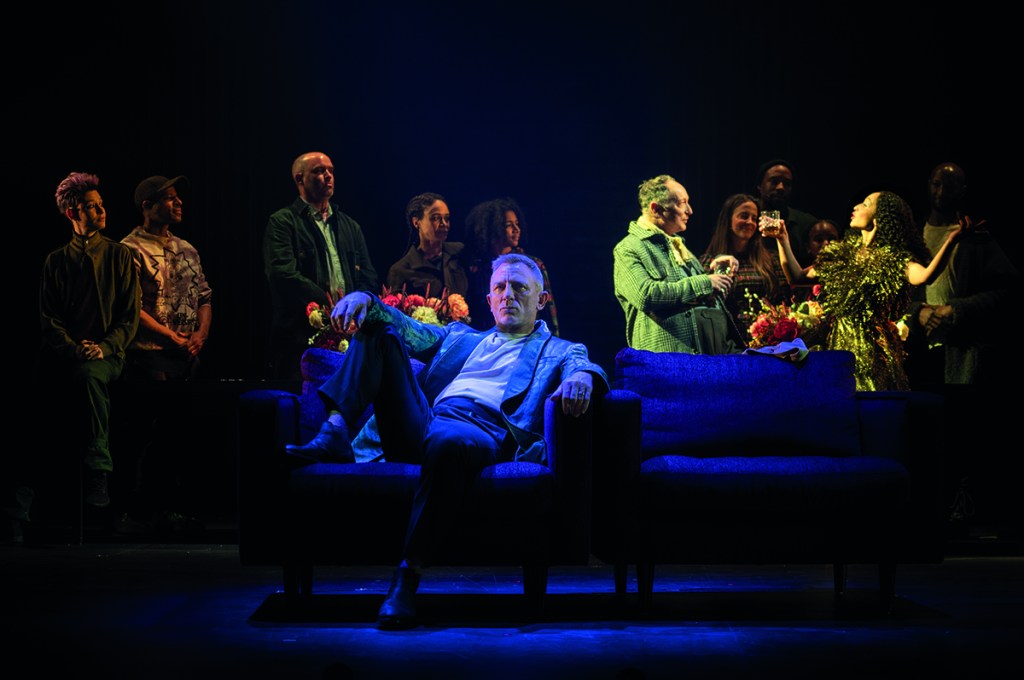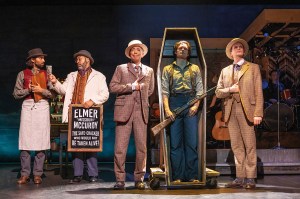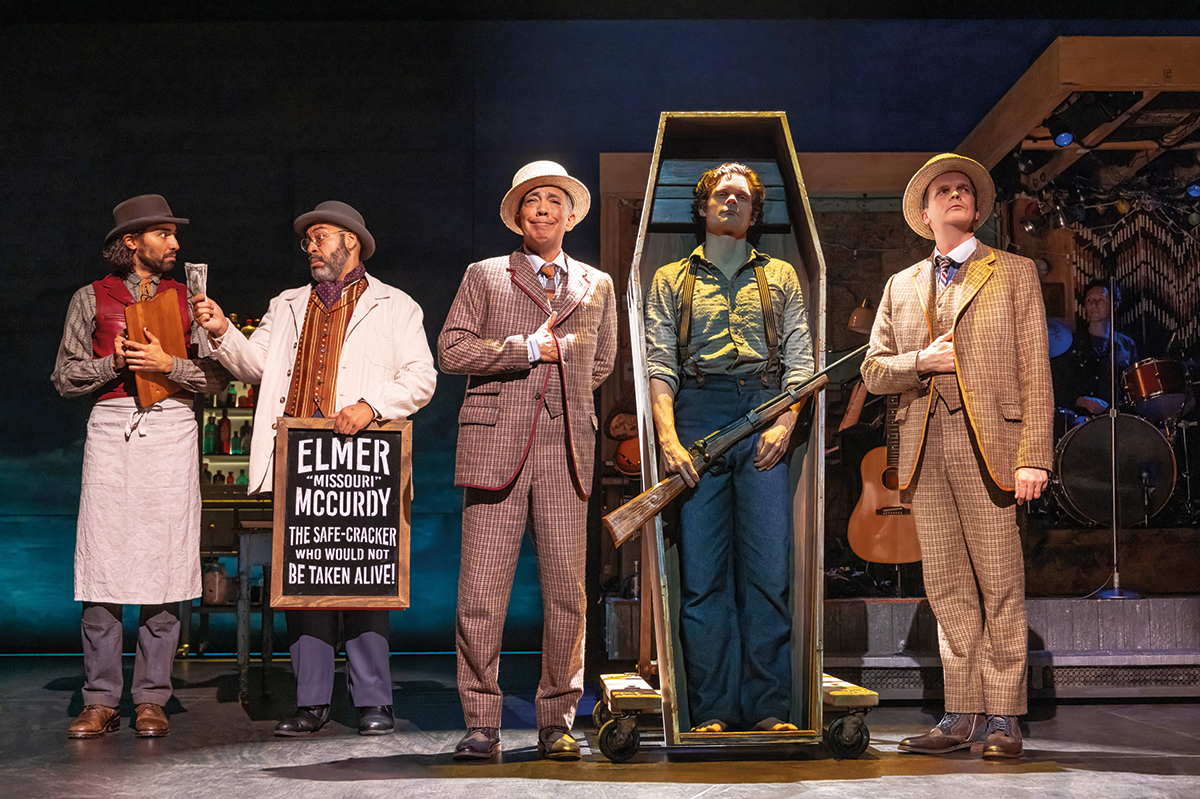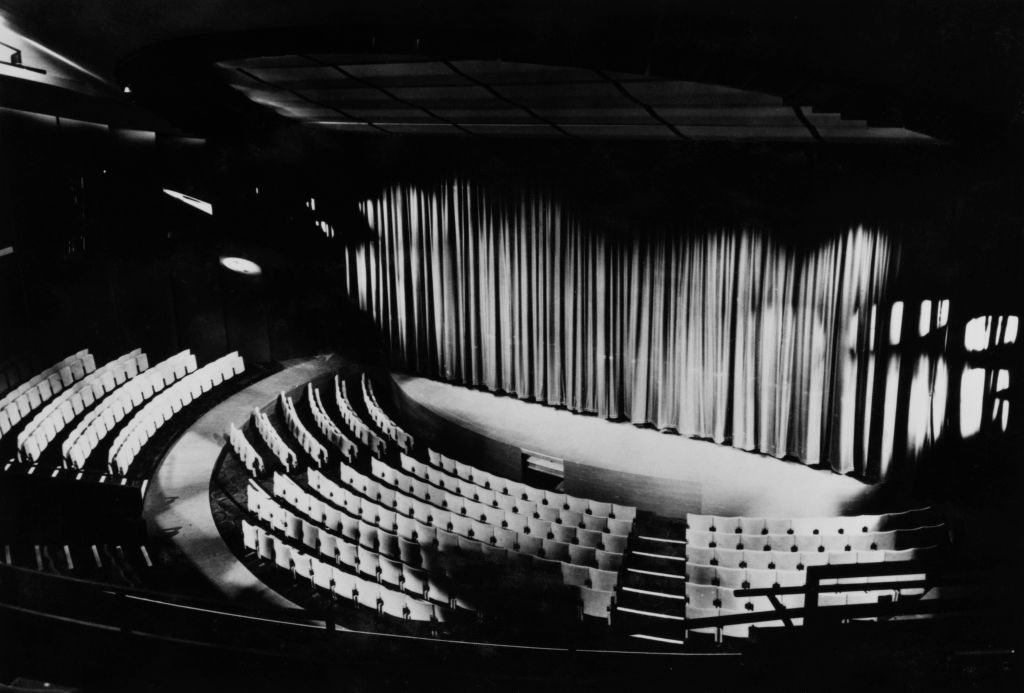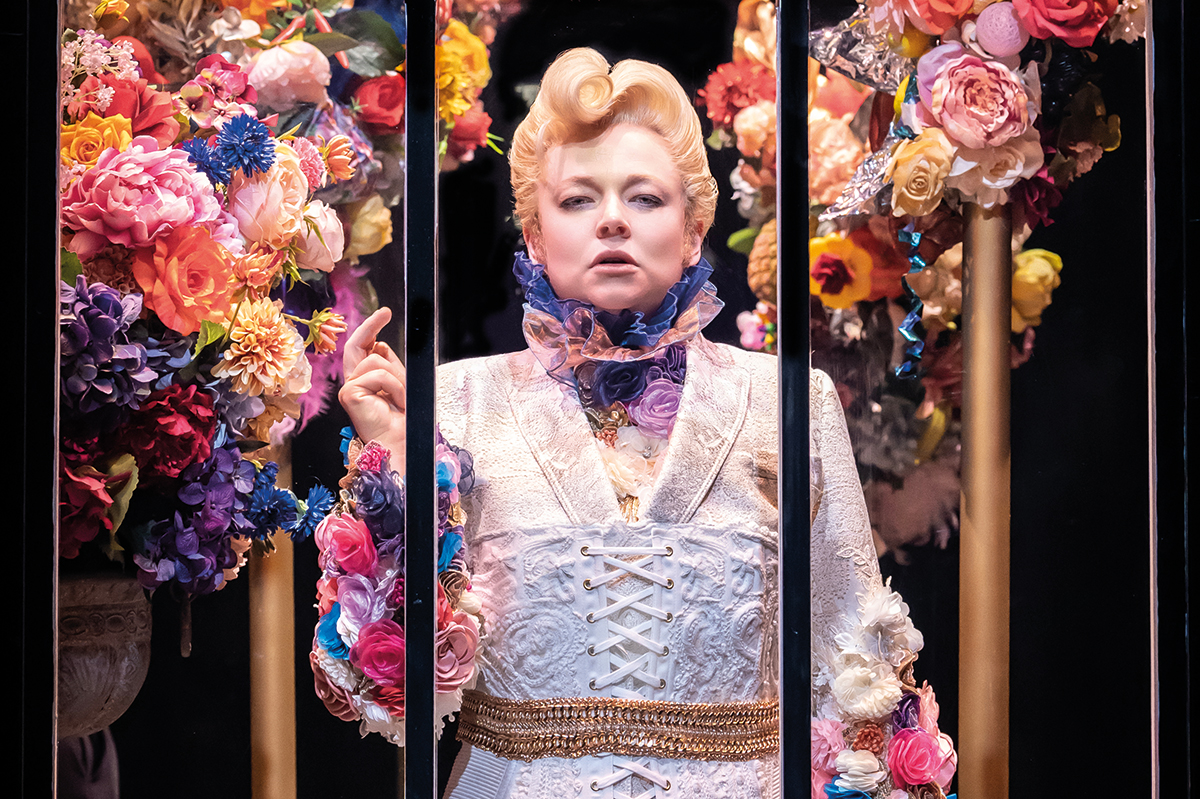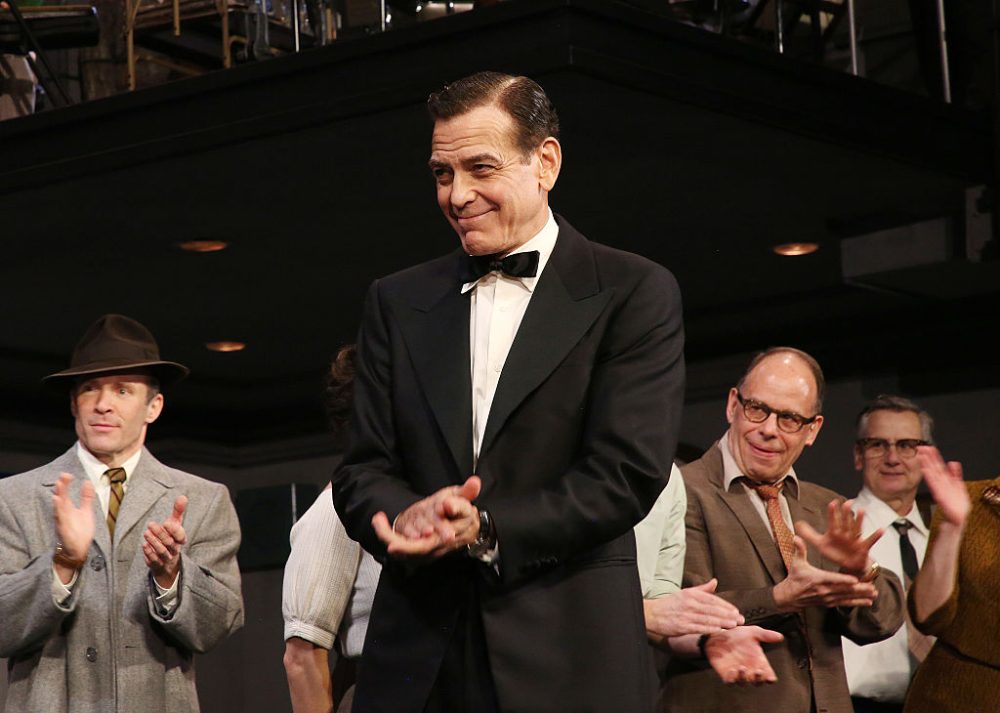The new Macbeth on Broadway starring Daniel Craig ends up about where you’d expect: a Macbond unhinged and raving about Birnam Wood come to Dunsinane, splattering the castle walls with the gore of his enemies and pummeling Macduff mercilessly until the showstopping reveal that the latter was “of no woman born” but, in fact, “from his mother’s womb/ untimely ripped.”
Omit the full-cast kumbaya circle at the end (a too-sweet cherry atop a bloody sundae), and the denouement essentially gives you Shakespearean drama at its most unimaginative — as a Hollywood action blockbuster. This isn’t to say that Shakespeare cries out for bold reimagining. Nor is there anything wrong with giving people what they came to see. It is Daniel Craig, after all.
Because the production begins on a stripped-down set, though, with the wings and catwalks and brick walls exposed, a nice man in a wheelchair telling us about James I and his occult obsessions, witches in athleisure wear listening to NPR and stagehands running around with fog machines — in short, as a Very Modern Play — by the time you arrive at that Hollywood ending, you may wonder how, exactly, you got there and, more important, how seriously director Sam Gold means for you to take the whole thing.
At least since Luigi Pirandello’s Six Characters in Search of an Author (1921), modern playwrights and directors have titillated audiences by giving them a peek backstage. Though the technique of breaking the fourth wall and its associated metatheatrical gambits are now over a century old, they retain a certain cultural cachet — a frisson of voyeurism, a whiff of eau d’avant-garde.
But in this Macbeth, what do these extracurriculars amount to? The good news is that audiences needn’t ponder for long. The play is one of Shakespeare’s shortest, but it’s still a feat to rattle it all off in just over two hours, as done here, intermission included. Nor has the script been considerably abridged. Gold’s direction mainly saves time in two ways: by treating the secondary characters as malleable, interchangeable props, and by encouraging all the players, principals included, to tear through their lines at breakneck speed.
Craig and co-star Ruth Negga make a good pair, matching one another in psychic intensity and variety. But the straitened production doesn’t let them plumb depths. An example: when the alarm is sounded for the dead Duncan and the crowd gathers around, Macbeth, trying to justify his murder of the King’s guards, winds up fixating on his “gashed stabs” and their “daggers/ unmannerly breeched with gore.” As he’s laying it on suspiciously thick, Lady Macbeth faints: “Help me hence, ho!”
Now this would be a moment, if there was one, to pause a beat. You can play the lady’s fainting fit as real or fake, but you might at least let us bask in Macbeth’s stunned awe, or let her string out her moment. But we get no such thing: Macbeth mechanically sprints over, grabs his wife and rushes her offstage. Any sense of interiority — the gap between “what the false heart doth know” and the “false face” that hides it — is smothered in the cradle.
The secondary characters get it worse. “There’s no art,” King Duncan observes early in the play, “to find the mind’s construction in the face.” This sober wisdom cannot be taken seriously in the mouth of Paul Lazar, who plays a doddering Duncan as well as the incontinent Porter. He’s not a bad Porter, but I find it unbelievable that this was not an intentional doubling and likening: a Bold Directorial Statement about the king and the fool, à la King Lear. Such casting arrangements are limiting for the actors and bad for business.
Lazar isn’t the only one tied in such a knot. Michael Patrick Thornton, whose opening patter-cum-history lesson actually makes for a fresh and effective introduction, also plays Lennox and one of the hitmen hired to kill Banquo. A hitman in a wheelchair? Tell me this isn’t a misguided stab at farce.
With the moral landscape of the play thus flattened, Macbeth begins to resemble a psychotic in a padded room, completely detached from reality, and not a moral actor in time and space. It’s to forestall this impression, I think, that the play drifts into its Hollywood mode in the second half. Maybe it constitutes a breach of conviction, a failure to see one’s vision through, however deracinated. Better that, I say, than a tale of an idiot, full of sound and fury, signifying nothing.
This article was originally published in The Spectator’s July 2022 World edition.



